Random Free Articles
- The Erosion Of Tradition in Martial Arts
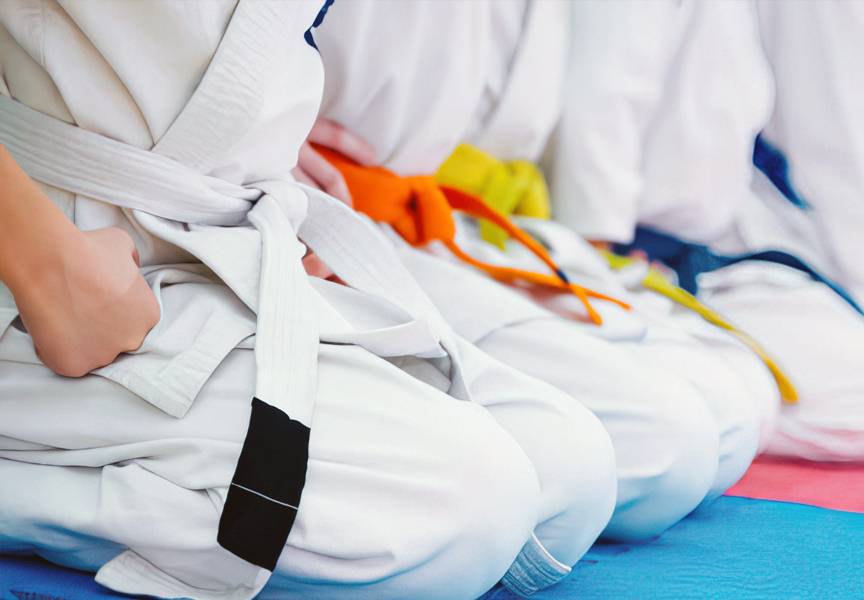
How Competitive Sports Dilute Traditional Martial Arts In the world of martial arts, tradition is more than just a concept; it's the soul that breathes life into these ancient disciplines. Rooted in centuries of history, traditional martial arts have long been revered for their holistic approach to self-defense, personal development, and cultural preservation. However, in recent times, a noticeable shift has occurred as many traditional…
- Forms and their use
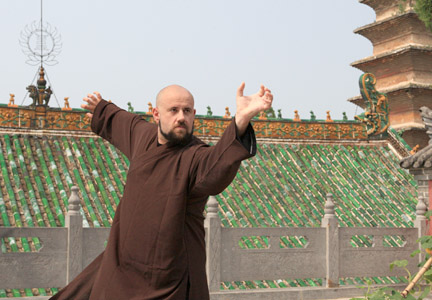
The term Forms means the combination of several techniques, organized by their initiators, in order to present their experience and knowledge from a real battle and which they can pass on to future generations. Masters that created the Forms which have reached to this day, were perfectly aware of the styles, were experienced in the techniques, in order to be able to see the advantages and disadvantages of the form, the techniques, the sequence…
- Rouquan Shaolin Internal Exercise
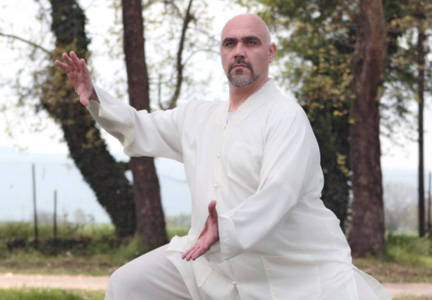
Soft Fist - Rou Quan [Chin.: róuquán 柔拳], is an excellent Shaolin Internal Exercise «Nei Gong» [Chin.: Shàolín nèigōng 少林 內功], which constantly develops human body’s physical and vital energy reserves and in conjunction with the «Five Skills» [Chin.: wǔgōng 五工], allows strides of improvement to anyone who wants to evolve his skills in concentration, balance and deep relaxation. Shaolin Rou Quan addresses to all…
- Martial Arts and Violence
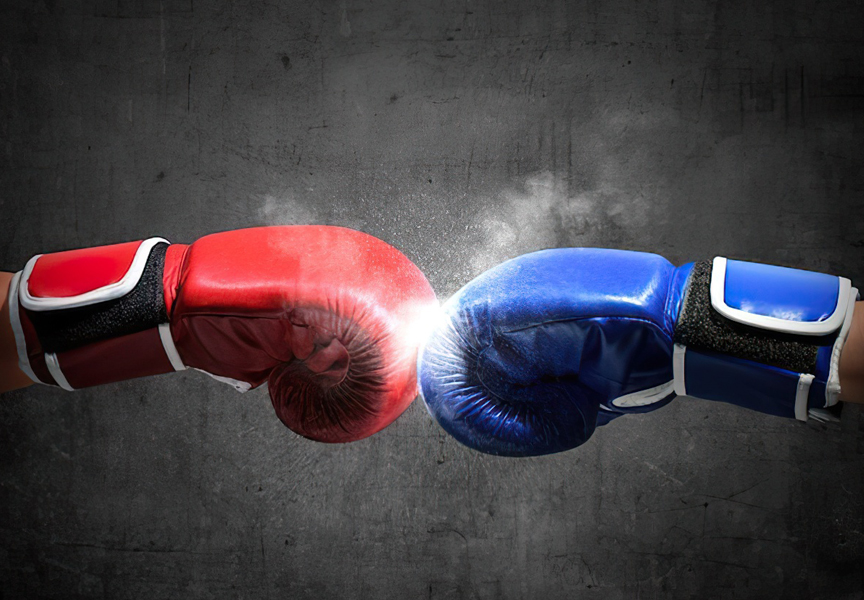
In recent years, there has been an ongoing debate surrounding the association between martial arts and violence, particularly concerning children who practice combat sports. Concerned parents often express worry about their children potentially becoming more aggressive due to their involvement in activities like Κarate, Kung Fu, or taekwondo. However, it's crucial to debunk this misconception and understand the broader context in which…
- The Sacred Duty of Martial Arts Students
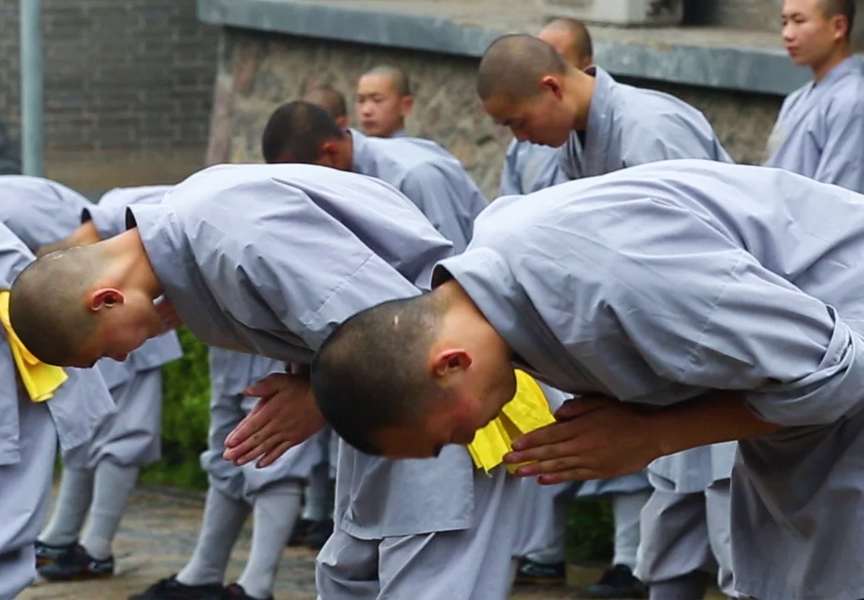
Preserving Tradition through Unanalyzed Knowledge Transmission In the realm of traditional martial arts, there exists a sacred bond between teacher and student, one that extends beyond the mere exchange of physical techniques. It encompasses a profound responsibility—one that transcends time and individuality—to preserve and pass on the invaluable wisdom of the art in its purest form. Central to this obligation is the notion that students…

